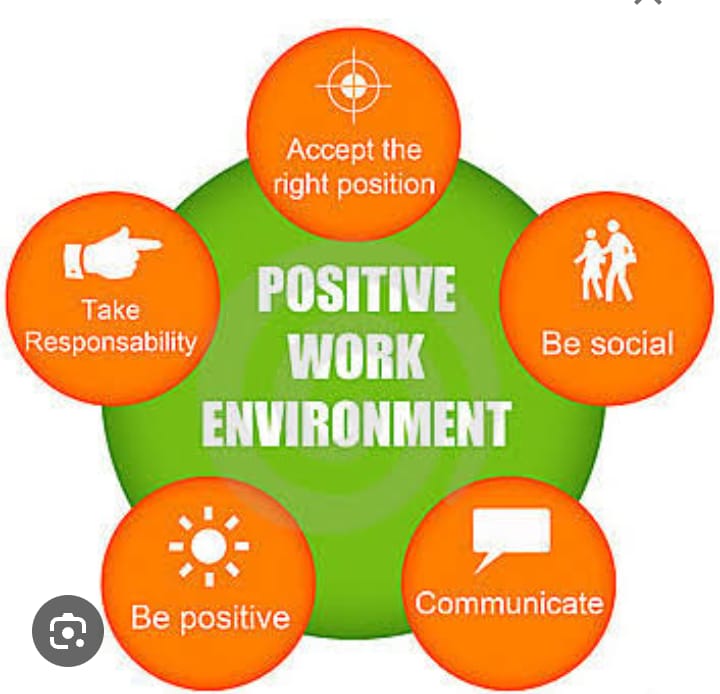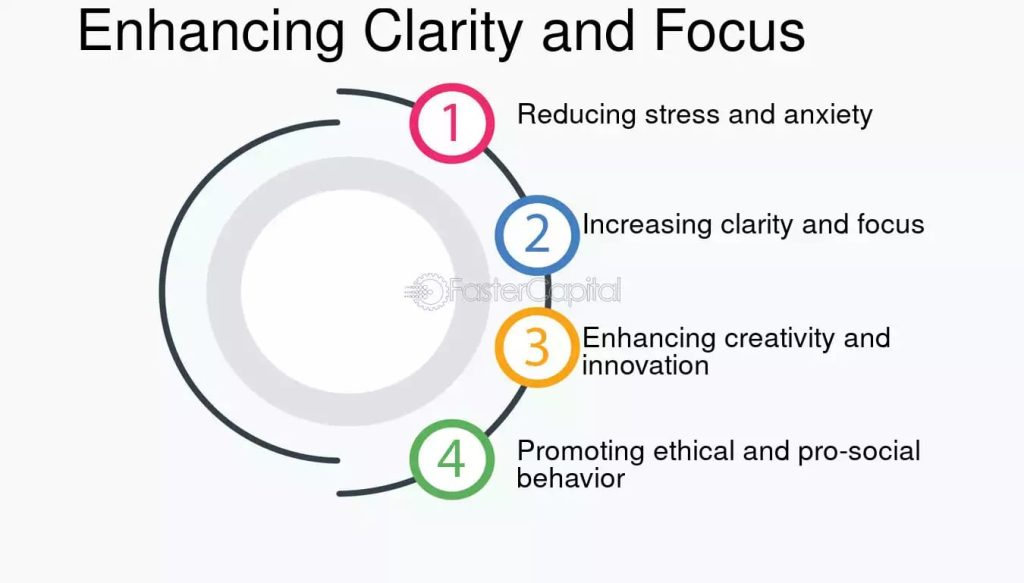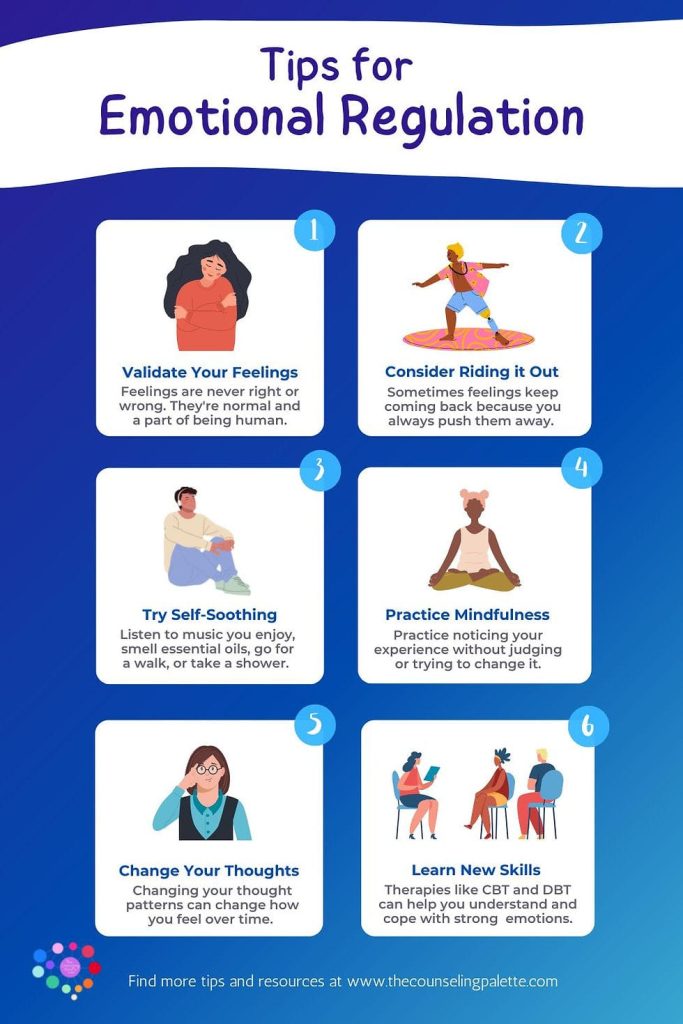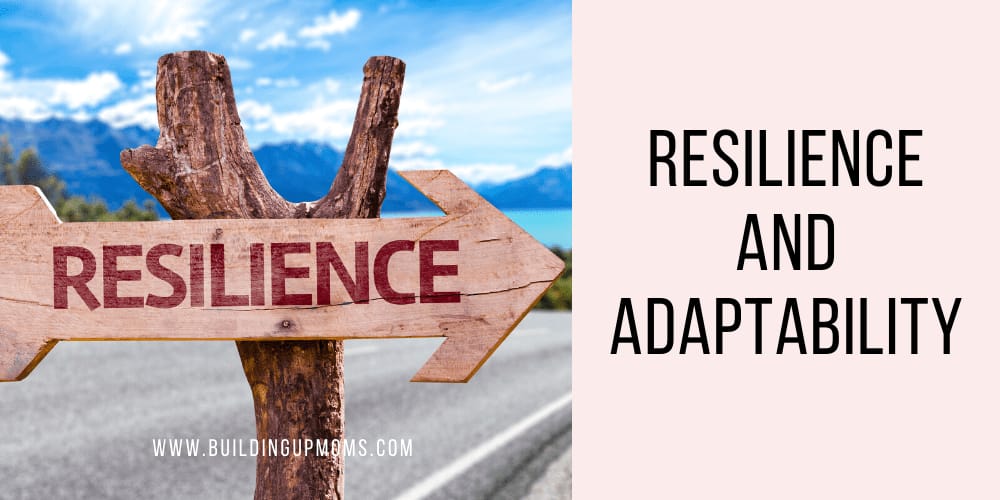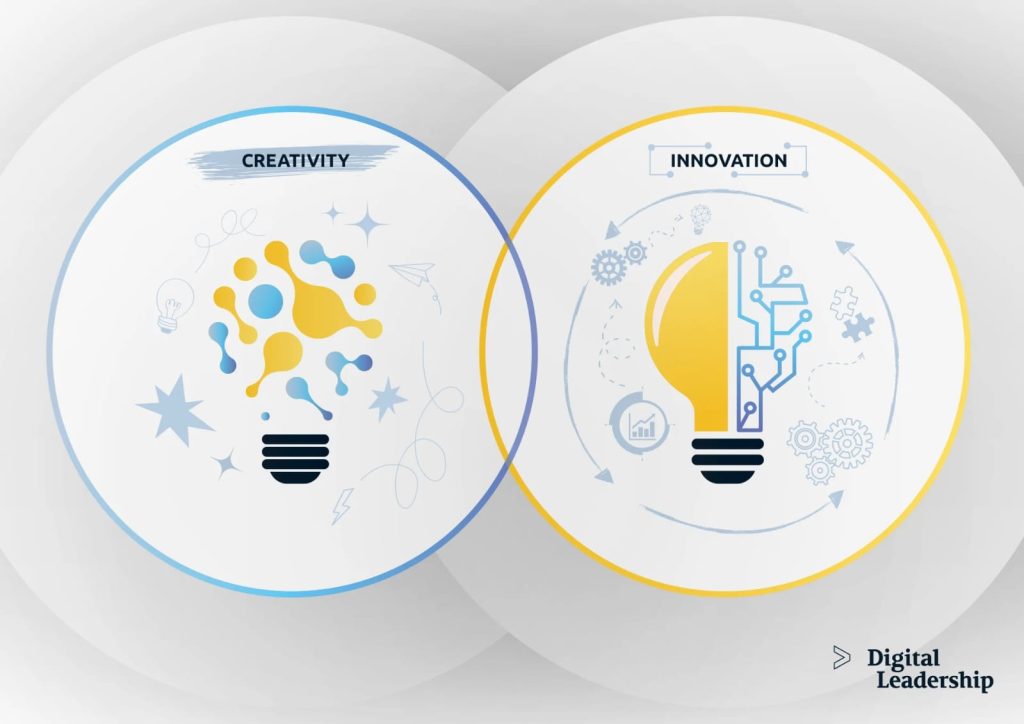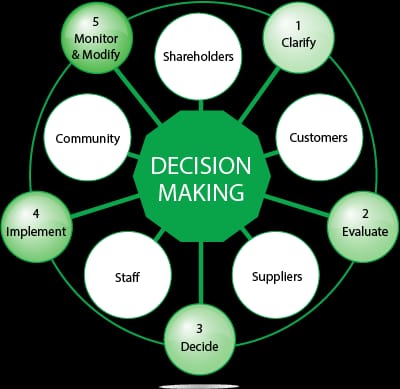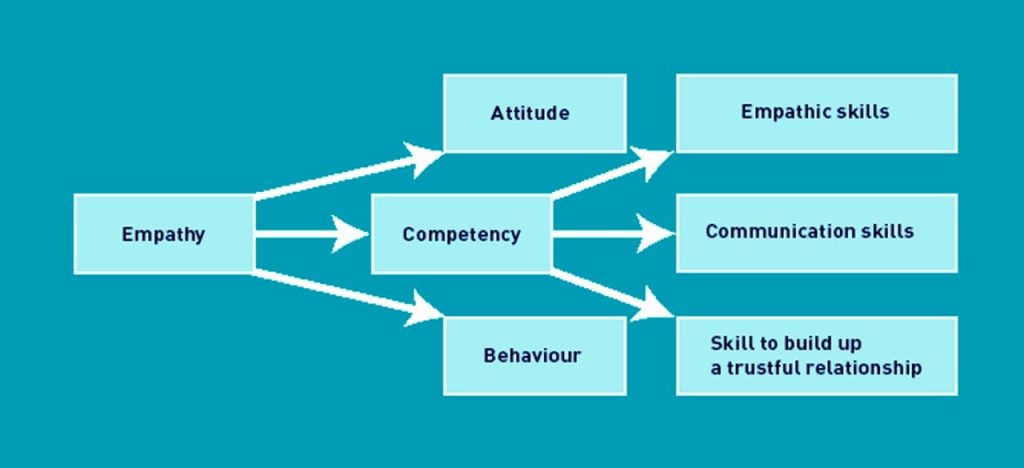Mindfulness is crucial for effective leadership as it enhances focus, emotional intelligence, and decision-making. Here are some key points on its importance:
Improved Focus and Clarity:
Mindfulness helps leaders maintain a clear and focused mind, enabling them to make better decisions and avoid distractions. This clarity is vital for navigating complex challenges and maintaining a strategic vision.
Emotional Regulation:
Mindful leaders are better at managing their emotions and stress. This ability to stay calm under pressure fosters a stable work environment and helps in resolving conflicts more effectively.
Enhanced Empathy and Communication:
Mindfulness fosters empathy, allowing leaders to better understand and connect with their team members. This improved interpersonal communication strengthens relationships and boosts team morale.
Resilience and Adaptability:
Practicing mindfulness builds resilience, helping leaders adapt to change and recover from setbacks more quickly. This is essential for guiding teams through uncertainty and maintaining momentum.
Increased Creativity and Innovation:
A mindful approach opens up space for creativity by reducing mental clutter. Leaders who practice mindfulness are more likely to think outside the box and encourage innovative solutions within their teams.
Ethical Decision-Making:
Mindfulness promotes self-awareness and reflection, leading to more ethical and principled decision-making. Leaders who are mindful are more likely to consider the broader impact of their choices.
Fostering a Positive Work Environment:
Inspiring by Example: A mindful leader sets a tone of presence and calm, which can positively influence the entire organization.
Encouraging Growth: Mindful leaders create a space where team members feel valued, heard, and supported, leading to higher morale and productivity.
Effective Stress Management:
Calm Under Pressure: Mindfulness equips leaders to handle stress with greater resilience, maintaining composure even in challenging situations.
Prevention of Burnout: It supports work-life balance and personal well-being, reducing the risk of burnout for both leaders and their teams.

